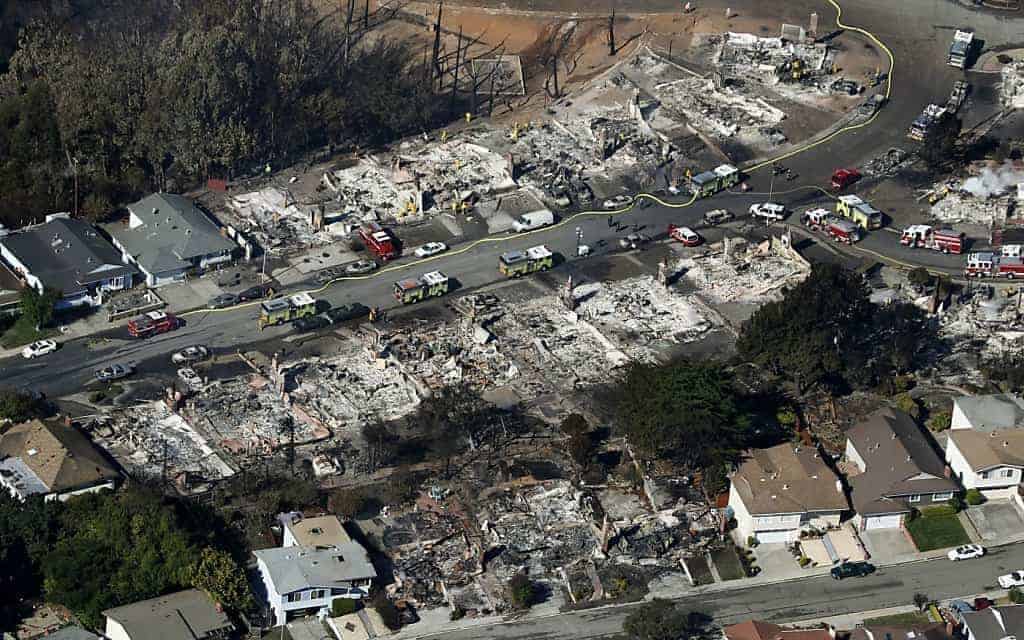The idea that the number 13 is unlucky is believed by some people more than it is for others. Anyone in Louisville, Kentucky on February 13, 1981, may believe it is very unlucky, indeed. It was on this day that not just one, but a series of sewer explosions destroyed more than two miles of the city.
The lucky part of the story is that the explosions occurred at 5 o’clock in the morning. Had they happened a few hours later, more people would have been injured. No one died as a result of the sewer bursts, but damages were excessive and cost nearly $20 million to repair. The city of Louisville traced the cause to a large local company, the Ralston Purina soybean plant.

What happened at the plant to cause the sewer explosions? The company was releasing hexane into subterranean manholes, which was easier than disposing of it the way they were required to. The hazardous waste combined with sewage discharge created a combustible vapor. All that was missing was a spark to set off a massive and sudden explosion.
On the morning of February 13, 1981, fumes rising from the labyrinth of underground sewers were dense enough that a spark from a car was able to ignite a massive blast. The explosion damaged a number of homes and businesses. Streets were filled with debris. Water lines were detached. All of it was the result of human neglect.
A lawsuit against the company saw more than 15,000 plaintiff testimonies, presumably by those who were directly affected by the explosion. The dispute was settled by 1984, and by 1985 the city passed a law giving the Metropolitan Sewer District of Louisville the right and obligation to regulate hazardous material. In concert with that, the incident is often used by environmental agencies, like the Environmental Protection Agency (EPA), to help draft laws aimed to prevent chemicals from mixing and creating potentially deadly situations, like sewer explosions.

